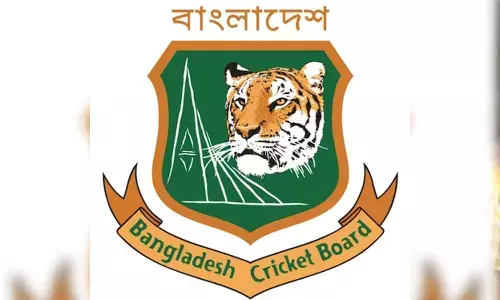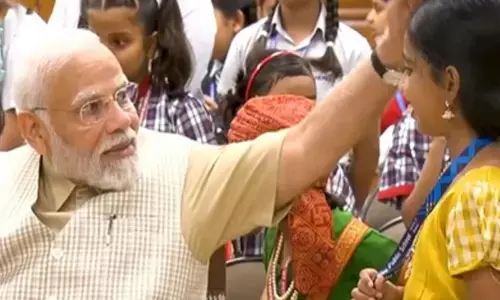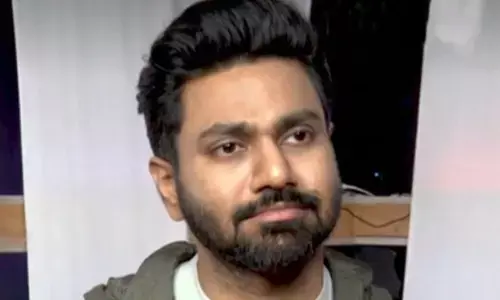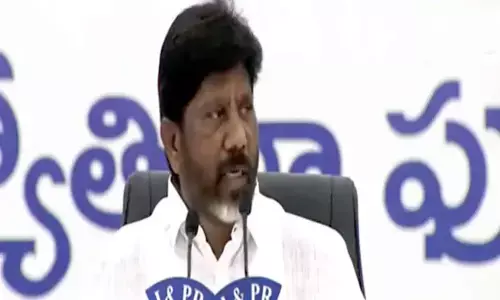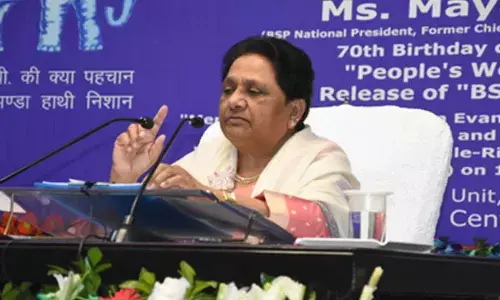Uniform Civil Code to stir a hornet's nest
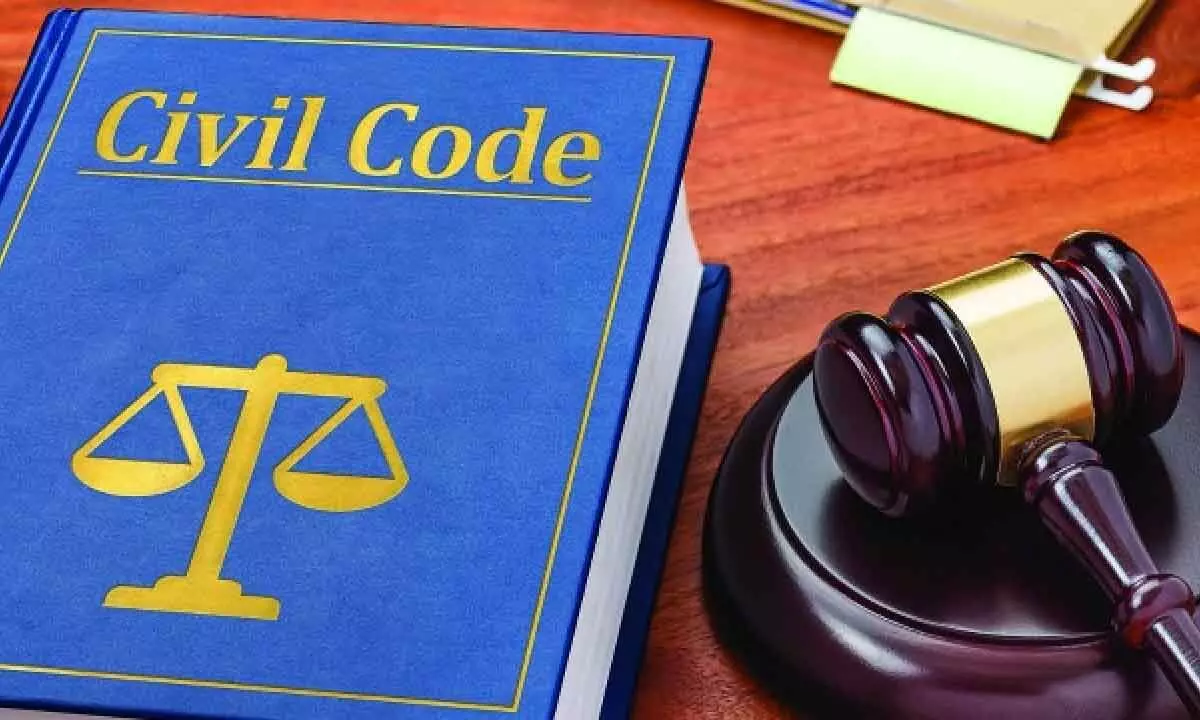
The Uniform Civil Code is back in the news again as BJP Rajya Sabha MP moved a private members bill which was opposed by many.
The Uniform Civil Code is back in the news again as BJP Rajya Sabha MP moved a private members bill which was opposed by many. The All India Muslim Personal Law Board has been opposing this move since long saying that it was unconstitutional and anti-minorities move. The issue has been at the centre of political narrative and debate for over a century. BJP had promised the implementation of UCC if it comes to power and the issue was part of its 2019 Lok Sabha election manifesto.
With elections just a year away, this is going to stir a hornet's nest. The BJP seems to be taking a calculated risk and it may result in polarisation of votes. The BJP in a strategic move introduced the bill as a private members bill. It can be taken forward if it feels that it can be passed in both the house of Parliament which is mandatory before it becomes an act. If it feels that politically it is not advantageous, it can be kept in cold storage. There are over 600 private member bills pending in parliament and this can be another one.
Legal experts are divided on UCC. Some feel that the state has no power to bring a uniform civil code. Some say issues like marriage, divorce, inheritance, and property rights come under the Concurrent List of the Constitution, which is a list of 52 subjects on which laws can be made by both the centre and the states, state governments have the power to impose it.
If UCC is introduced it would mean that existing personal laws like the Hindu marriage act (1955), the Hindu succession act (1956), and the Muslim personal law application act (1937) etc, will technically be dissolved. The question is whether UCC is anti-constitutional as AIMIM and Muslim personal law board claims? Article 44 of the Directive Principles of the Constitution says that a UCC will be applied to "citizens throughout the territory of India" which seems to imply that individual states do not have that power.
Some experts say that personal laws are often conflicting and contradictory and are not uniformly applied across courts and regions. The introduction of the UCC also seeks to resolve this problem.
In October 2015, the Supreme Court said that a Uniform Civil Code is essential in the country. It said, "This separate law for different communities cannot be accepted. Otherwise, every religion will say it has a right to decide various issues as a matter of its personal law. We don't agree with this at all. It has to be done through a decree of a court."
The objective of Article 44 of the Directive Principles in the Indian Constitution was to address the discrimination against vulnerable groups and harmonise diverse cultural groups across the country. Dr B R Ambedkar, while formulating the Constitution had said, "a UCC is desirable but for the moment it should remain voluntary." He said, "No one need be apprehensive that if the State has the power, the State will immediately proceed to execute…that power in a manner may be found to be objectionable by the Muslims or by the Christians or by any other community. I think it would be a mad government if it did so." Thus Article 35 of the draft Constitution was added as a part of the Directive Principles of the State Policy in part IV of the Constitution of India as Article 44. It was incorporated in the Constitution as an aspect that would be fulfilled when the nation would be ready to accept it and the social acceptance to the UCC could be made. Hence its again time for an impartial debate on this issue keeping aside one's political aspirations and considerations aside. The most unfortunate aspect in our country is all political parties without exception view everything from the point of vote bank politics and not from the welfare of the people.










